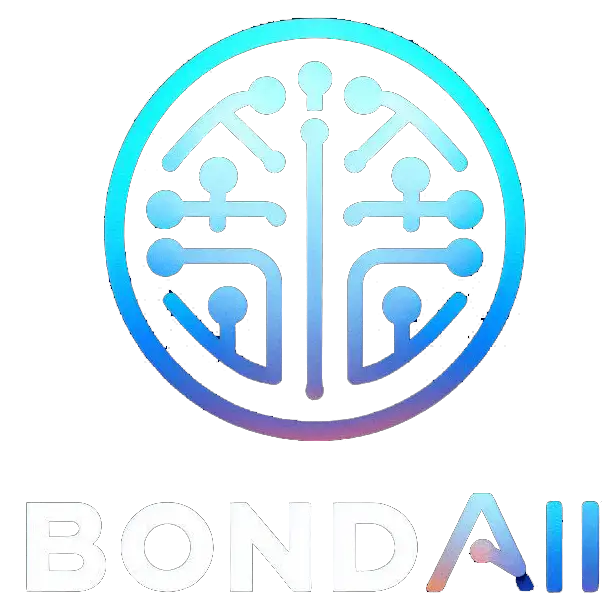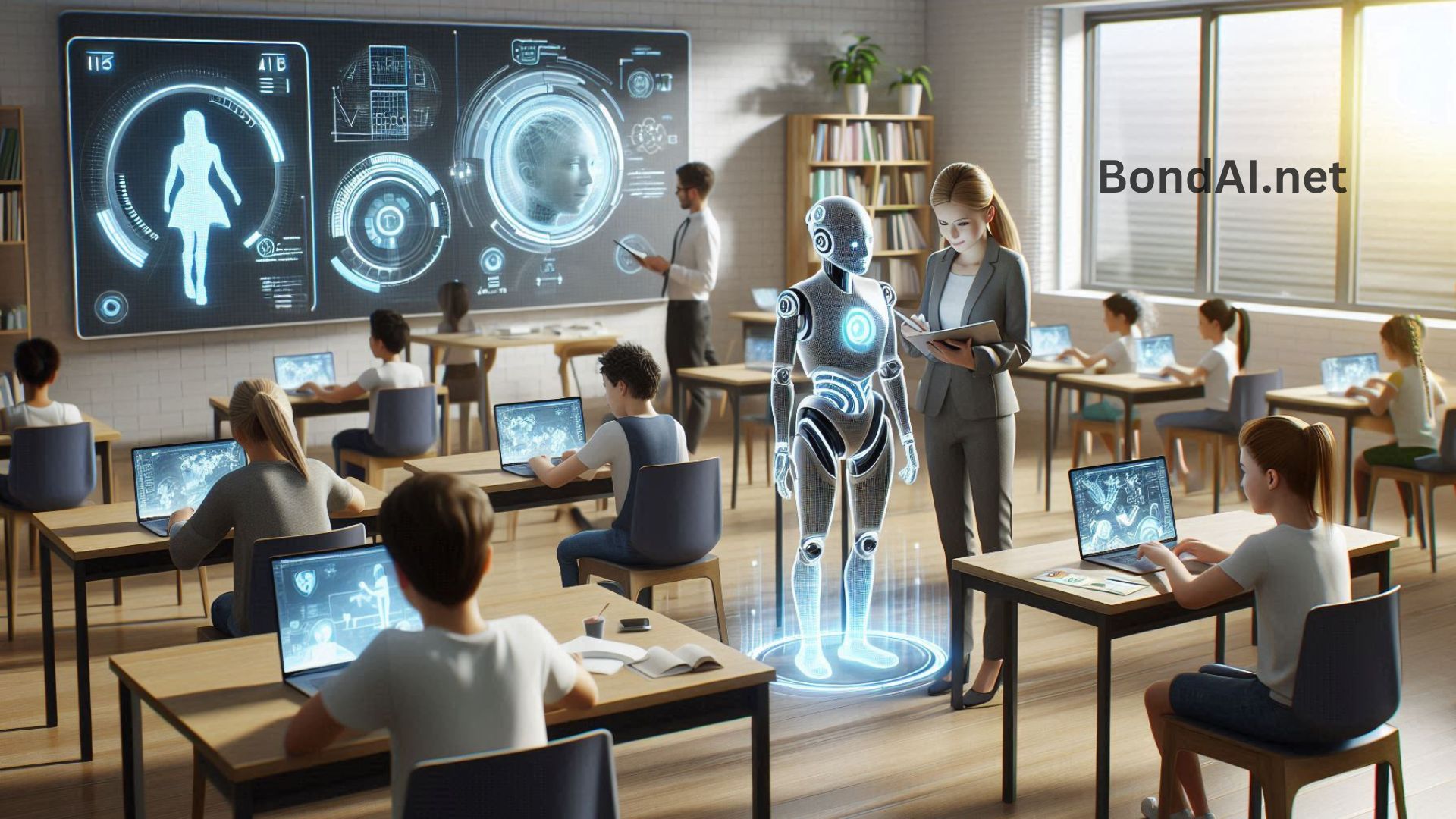These days, workers are facing a new reality: AI might not directly take over their jobs, but people who know how to use AI could replace those who don’t. With the future workforce needing to be skilled in AI, what does that mean for education and learning? And even more importantly, how is the growing use of AI affecting teachers and students right now?
The world of education is already going through big changes. AI is bringing in powerful tools—not just for teachers and school administrators, but also for students. These tools help students tackle their assignments and dive deeper into topics they want to understand better. It’s a whole new way of learning and teaching that’s shaking up the traditional system.
AI-Enabled Learning: Self-Directed, Self-Paced, and Self-Empowering
Sal Khan, the founder of Khan Academy and a well-known name in education, talks about how AI will transform education in his new book Brave New Words: How AI Will Revolutionize Education (and Why That’s a Good Thing). From his optimistic point of view, he believes AI will make lifelong learning accessible to anyone who wants to learn. Students and teachers will use AI assistants that can explain any topic in the depth they need and in a way that makes sense to them personally.
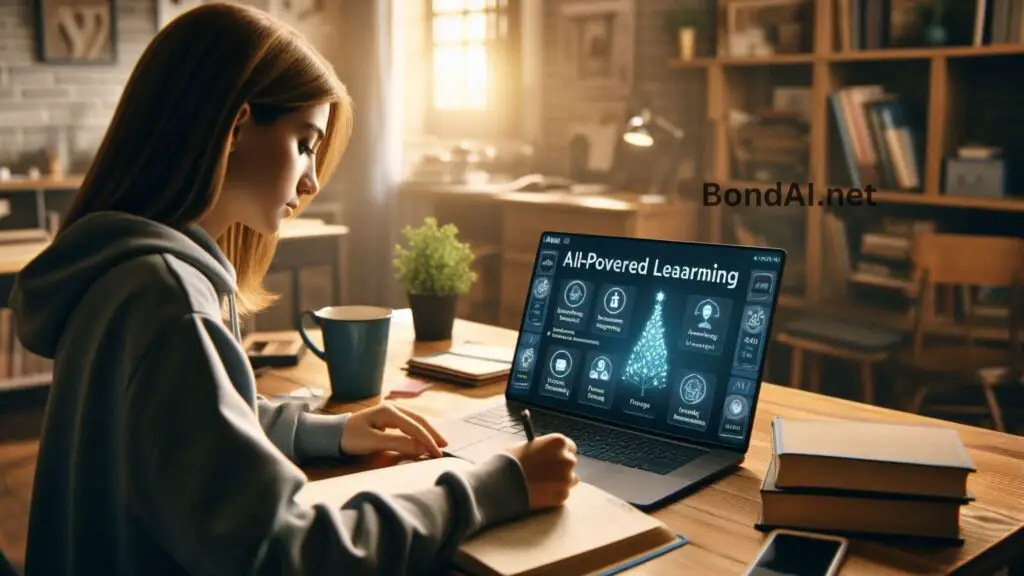
Building on this idea, the research firm Cognilytica introduces the concept of “hyperpersonalized education.” This means education tailored to each person’s needs, from learning to speak and read as kids to the ongoing skills we need for school, work, and life.
We’re already seeing how AI is changing the way people learn. Tools like Large Language Models (LLMs) are becoming a go-to for answering questions and providing insights, much faster and more directly than web searches. With search results often full of clickbait or long articles no one has time to read, more people are turning to AI for quick, relevant, and clear answers.

This new AI-powered approach makes today’s one-size-fits-all educational systems feel outdated. The future of learning is self-paced, flexible, and deeply personalized, adapting to what each person needs to succeed.
AI Challenges for Learning Institutions
Schools and colleges, from K-12 to higher education, are trying to figure out how to handle the rise of AI. While AI offers exciting opportunities, it also comes with challenges. With AI making hyperpersonalized learning available to students, educators need to rethink how they help students remember material, develop critical life skills, and prepare for a future where AI will definitely shake up the workplace.
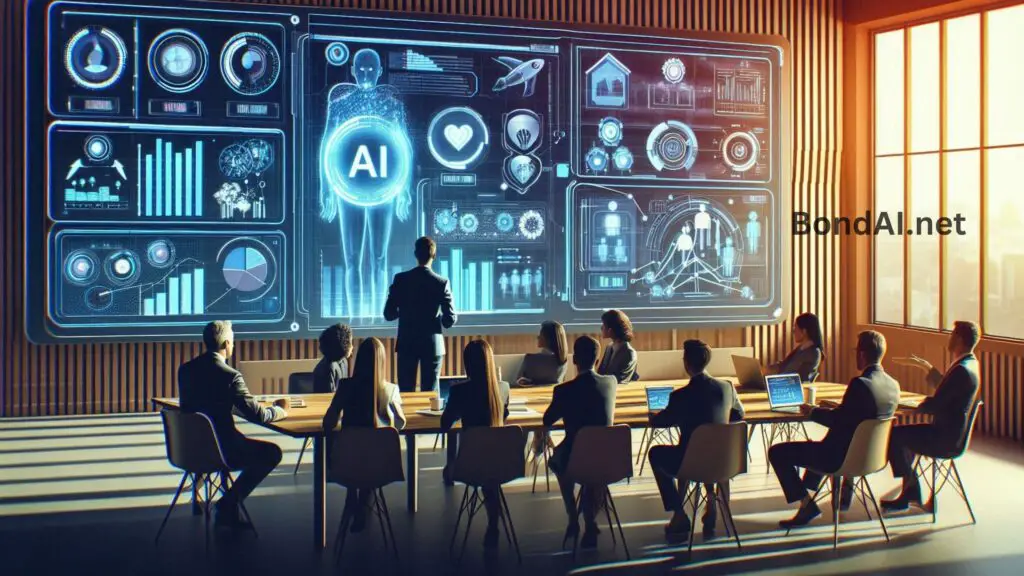
Right now, some schools are taking a knee-jerk approach by trying to ban AI in classrooms and on campuses. But let’s be honest—this won’t work. AI is already everywhere, built into phones, devices, apps, and even operating systems. Trying to ban it will only backfire.
Instead of fighting against something students will need to know to succeed, educators should embrace AI. They can use it to create personalized learning experiences, keep students engaged, and make sure they’re mastering the AI skills they’ll need for the future. Just like schools eventually embraced the internet as a powerful tool for learning, they’ll soon realize how valuable AI can be for education.

A Return of “Soft Skills”
As AI systems grow and require more human input to unlock their full potential, we’ll see a renewed focus on “soft skills.” Skills like creativity, critical thinking, teamwork, and communication will become essential for getting the most out of AI tools. To effectively use generative AI, people need to think outside the box, ask the right questions, and collaborate with others. Interestingly, while hard skills like math, science, and engineering have taken center stage in recent decades, it’s AI that’s bringing soft skills back into the spotlight—they’re now key to making AI work better for harder tasks.
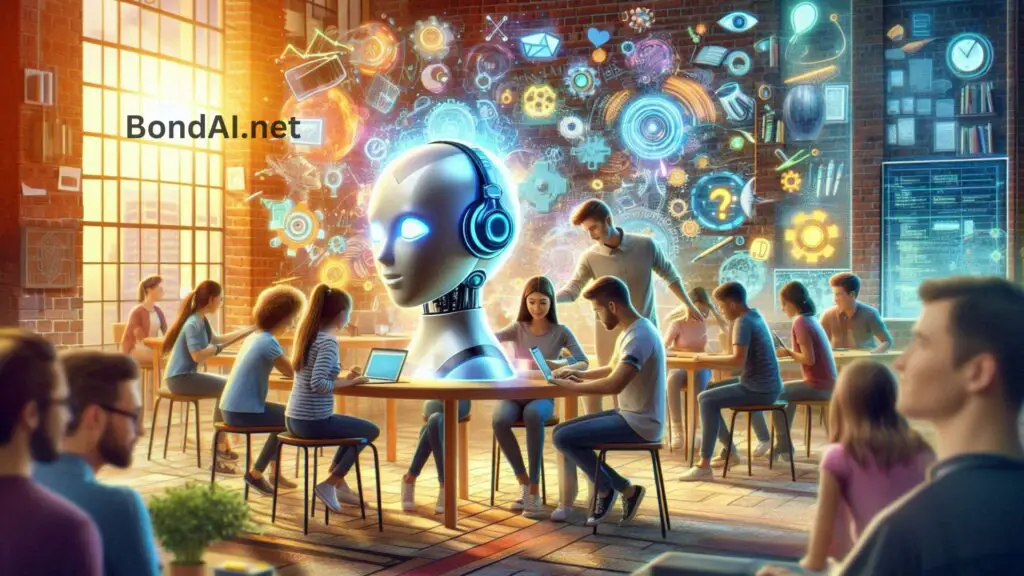
These shifts are happening at a critical moment for higher education. Many people are questioning whether expensive degrees, even from prestigious schools, are worth it. With the workplace evolving, new ways to learn emerging, and changing perceptions about the value of a college degree, AI is likely to speed up major changes in how we think about education and its role in the future.
